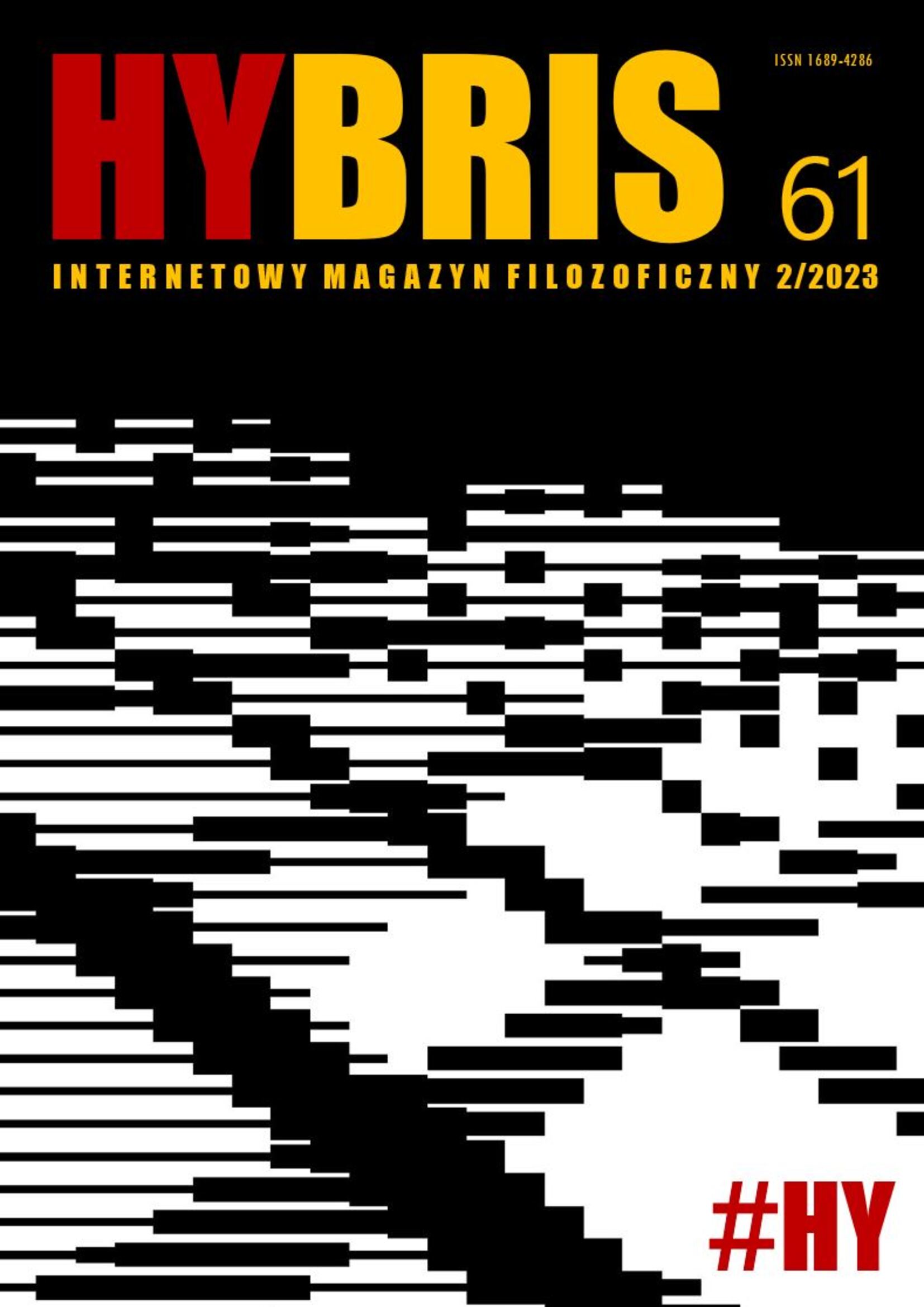Crime without reason. Foucault and the problem of criminal responsibility in nineteenth century psychiatry and judiciary
DOI:
https://doi.org/10.18778/1689-4286.61.01Keywords:
Michel Foucault, problematizations, legal psychiatry, Pierre Rivière, instincts, Henriette CornierAbstract
The article refers to the problem of crime without reason described by Michel Foucault. The author presents two cases from the first half of the 19th century – Pierre Rivière and Henriette Cornier. These cases are analyzed in terms of strategies of power adopted by psychiatry and the legal system towards the Other who had committed an inexplicable crime and who could not be described by any of the recognized forms of madness. The impasse between medical and legal discourses is presented as an example of problematization — a method used by Foucault in the last years of his work. One of the consequences of psychiatry’s efforts to solve the problem of crime without motive was the creation of instincts and drives as scientific objects, which shows that such objects can arise at the junction of various power relations and can even be created merely as instruments to exercise power.
References
Castel, R. (2002). Medycy i sędziowie. W: M. Foucault (red.), Ja, Piotr Rivière, Skorom Już Zaszlachtował moją matkę, moją siostrę I Brata Mojego...: Przypadek Matkobójcy z XIX Wieku (166181). Tłum. T. Komendant i G. Wilczyński. Gdańsk: Słowo/obraz terytoria.
View in Google Scholar
Forbes, J. (1845). The Cyclopaedia of Practical Medicine, t. 4. Filadelfia: Blanchard and Lea.
View in Google Scholar
Foucault, M. (2003). Abnormal: lectures at the College de France 19741975. Tłum. G. Burchell. Nowy Jork: Picador.
View in Google Scholar
Foucault, M. (2000a). About the Concept of the Dangerous Individual in Nineteenth-Century Legal Psychiatry. W: J. Faubion (red.), Power. Volume 3 of Essential Works of Foucault: 19541984 (176200). Nowy Jork: The New Press.
View in Google Scholar
Foucault, M. (2000b). Czym jest oświecenie. W: Filozofia, historia, polityka: wybór pism (276293). Tłum. D. Leszczyński. Warszawa: PWN.
View in Google Scholar
Foucault, M. (2020). Historia seksualności. Tom 12. Tłum. B. Banasiak, T. Komendant, K. Matuszewski. Gdańsk: Słowo/obraz terytoria.
View in Google Scholar
Foucault, M. (1987). Historia szaleństwa w dobie klasycyzmu. Tłum. H. Kęszycka. Warszawa: Państwowy Instytut Wydawniczy.
View in Google Scholar
Foucault, M. (red.). (2002). Ja, Piotr Rivière, Skorom Już Zaszlachtował moją matkę, moją siostrę I Brata Mojego...: Przypadek Matkobójcy z XIX Wieku. Tłum. T. Komendant i G. Wilczyński. Gdańsk: Słowo/obraz terytoria.
View in Google Scholar
Foucault, M. (2009). Nadzorować i karać. Narodziny więzienia. Tłum. T. Komendant. Warszawa: Aletheia.
View in Google Scholar
Foucault, M. (1980). Power/Knowledge. Selected Interviews and Other Writings 19721977. Nowy Jork: Pantheon Books.
View in Google Scholar
Foucault, M. (1996). Problematics. W: S. Lotringer (red.), Foucault Live (Interviews, 19611984) (416422). Nowy Jork: Semiotext(e).
View in Google Scholar
Foucault, M. (2018). Zło czynić, mówić prawdę. Funkcja wyznania w sprawiedliwości. Wykłady z Louvain, 1981. Tłum. A. Zawadzki. Kraków: Znak.
View in Google Scholar
Jones, D. (2017). Moral insanity and psychological disorder: the hybrid roots of psychiatry. History of Psychiatry, 28, 3, 263279. https://doi.org/10.1177/0957154X17702316
View in Google Scholar
DOI: https://doi.org/10.1177/0957154X17702316
Kané, P. (1976). Entretien avec Michel Foucault. Cahiers du cinéma, 271, 5253.
View in Google Scholar
Kapusta, A. (2002). Filozofia Ekstremalna. Lublin: Wyd. UMCS.
View in Google Scholar
Koopman, C. (2014). Problematization. W: L. Lawlor i J. Nale (red.), The Cambrige Foucault Lexicon (399403). Cambrige University Press. https://doi.org/10.1017/CBO9781139022309.070
View in Google Scholar
DOI: https://doi.org/10.1017/CBO9781139022309.070
Macey, D. (2019). The Lives of Michel Foucault. Londyn: Verso.
View in Google Scholar
Rabinow, P. (2009). Foucault’s Untimely Struggle: Toward a Form of Spirituality. Theory Culture Society, 26, 2544. https://doi.org/10.1177/0263276409347699
View in Google Scholar
DOI: https://doi.org/10.1177/0263276409347699
Taylor, Ch. (2013). Infamous Men, Dangerous Individuals, and Violence against Women: Feminist Re-Readings of Foucault. W: Ch. Falzon i in. (red.), A Companion to Foucault (419435). Hoboken: Wiley-Blackwell. https://doi.org/10.1002/9781118324905.ch21
View in Google Scholar
DOI: https://doi.org/10.1002/9781118324905.ch21
Wyschogrod, E. (2003). Heidegger, Foucault, and the Askeses of Self-Transformation. W: A. Milchman & A. Rosenberg (red.), Foucault and Heidegger: Critical Encounters (276294). Minneapolis: University of Minnesota Press.
View in Google Scholar
Downloads
Published
How to Cite
Issue
Section
License

This work is licensed under a Creative Commons Attribution-NonCommercial-NoDerivatives 4.0 International License.






